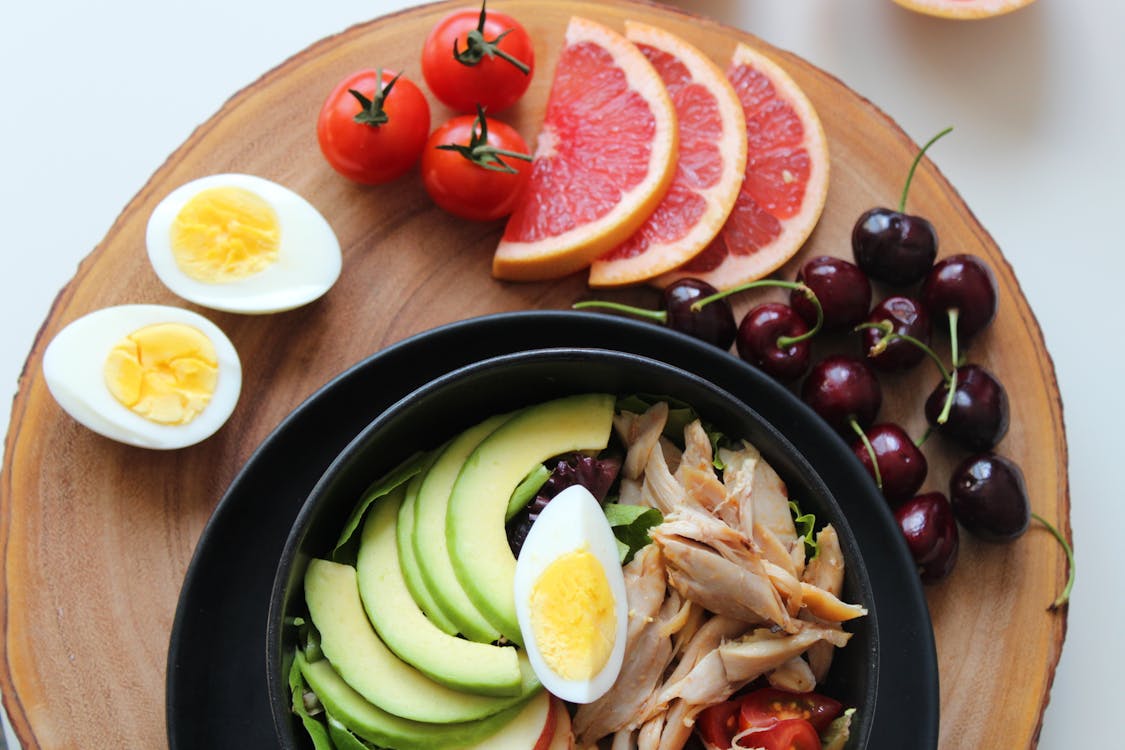Healthy Foods For Keeping Healthy Weight In Winter Cold
1) Including grains in your meal
- Whole grains add a unique, tasty nutty flavor to recipes, making them stand out from refined grains. They are healthier because they undergo minimal processing, keeping their nutrition intact.
- These grains are incredibly versatile, easily replacing refined grains in many dishes. For example, in an Apricot Wild Rice Pilaf, using wild rice adds extra texture, elevating the dish compared to the traditional pilaf made with white rice.
- The distinctive nutty taste of whole grains not only makes meals more enjoyable but also boosts their overall nutrition.
- Choosing whole grains is a healthy decision as they keep essential nutrients that might be lost during refining.
Read Also:
Way To Improve Your Mental Health And Become Best Version Of Yourself
2) Eating zinc-based food such as ginger
- Ginger is a powerful antioxidant from the Zingiberaceae family. It is grown for its rhizomes, which are used as a spice.
- It’s widely used in global cuisines, and its distinctive pungent and slightly hot taste enhances flavors and provides relief for common colds and sore throats.
- Apart from its use in cooking, ginger has a significant role in traditional medicine, especially in Ayurveda, where it’s applied to address various health issues.
- The therapeutic qualities of ginger make it a natural remedy for respiratory problems.
3) Consuming warm soups
- Making a dish that’s both comforting and good for your health is where chicken soup shines.
- Our grandmothers knew something important – making soup from chicken bones has health benefits. According to NPR, this classic dish might help your immune system, reduce inflammation, and replenish electrolytes.
- The goodness of chicken soup comes from preparing it using chicken bones, a traditional method that science has recognized.
- When bones simmer in the broth, they release important nutrients like collagen, amino acids, and minerals. It goes beyond being just a comforting meal.
4) Taking vitamin D
- Getting enough Vitamin D in winter can be hard, but salmon is a great natural source. It’s not just about Vitamin D – salmon is packed with protein, omega-3 fatty acids, and various vitamins and minerals like potassium, selenium, and vitamin B12.
- Salmon is versatile and delicious, making it a perfect addition to your winter meals.
- Try a simple recipe pairing salmon with a hearty winter slaw. It takes only 15 minutes to prepare, providing a quick and nutritious option for your winter meals.
- The mix of Vitamin D from salmon and the lively flavors of the winter slaw creates a balanced and satisfying meal that’s good for your health and tastes great.
Read Also:
11 Best Ways to Improve Your Digestion
5) Consuming eggs for better health
- Eggs are full of good stuff for your body.
- Eggs contain important amino acids and protein, which can help keep you alert and energized when you eat them for breakfast. They also contain all the things your body needs to make energy, making them a healthy choice for your meals.
- In eggs, you find key nutrients like vitamin A, vitamin B12, and selenium. These nutrients are essential for keeping your immune system strong and helping your body defend against sickness.
- Eating eggs regularly is a smart way to support your overall immune health. The protein in eggs is crucial for your body.

6) Having tasty oats as breakfast
- Steel-cut oats are very healthy, offering a lot of good things for our well-being.
- They have important things like carbohydrates, proteins, and soluble fiber, making them a great source of lasting energy to start our day well.
- The special part about steel-cut oats, especially their soluble fiber, helps release energy slowly, keeping us energized until our next meal.
- The unique mix of nutrients in steel-cut oats makes them a great and nourishing choice for a hearty breakfast.
7) Adding citrus foods in diet
- Citrus fruits like oranges, lemons, limes, kiwis, grapefruits, and gooseberries are rich in vitamin C.
- Besides their tasty and refreshing flavors, these fruits have strong antioxidant properties that not only boost the immune system but also keep us feeling energized.
- The abundance of vitamin C in citrus fruits is crucial for our health. This vital vitamin supports the immune system and acts as a powerful antioxidant, protecting our cells from damage caused by free radicals.
- Regularly eating citrus fruits is a proactive way to strengthen the body’s natural defenses, especially during times when we may be more susceptible to illnesses.
8) Taking dietary foods
- Milk and dairy products like yogurt and cheese are great for winter. They are rich in essential nutrients like Vitamin B12, Vitamin A, proteins, and calcium, which help boost our immunity.
- As many people tend to catch a cold in winter, adding dairy to your diet can be a smart way to support overall health. The nutrients in milk and dairy play a big role in strengthening the immune system.
- Vitamin B12 is important for nerve health and making red blood cells.
- Vitamin A, known for its role in vision and skin health, also supports the immune system. Proteins are crucial for muscle repair and overall cell function, and calcium is vital for bone health, making dairy a well-rounded nutritional choice.
9) Including spices to spice up your food
- Mustard, hing, black pepper, ajwain, fenugreek – these warm spices not only enhance the flavor of your meals but also contribute to addressing winter-related coughs and flu.
- Embracing these spices in your cooking can go beyond taste.
- It offers additional benefits such as improved appetite and digestion, enhanced blood circulation, and various health advantages.
- Methi seeds, with their unique properties, play a notable role in strengthening bones and joints, making them a valuable inclusion in your winter spice selection.

10) Adding the flavours of Ghee
- Ghee, often misunderstood, is indeed a superfood with many essential nutrients. Unfortunately, some people think ghee is “evil” without realizing its nutritional benefits.
- Ghee is rich in essential fatty acids and antioxidants, making it a valuable addition to a healthy diet. It’s not just a cooking ingredient; ghee has various advantages.
- One significant benefit of ghee is its immune-boosting properties. Essential fatty acids in ghee support the immune system, helping the body defend against illnesses.
- Also, ghee has a unique ability to generate heat in the body, making it beneficial during colder seasons or for those wanting to stay warm.
11) Drink plenty of tea!
- Tea is a daily delight for most Indians, especially during the winter season. One standout option for this time of the year is green tea blended with herbs like tulsi, bay leaf (tejpatta), elaichi, and cinnamon (dalchini).
- This special blend doesn’t just offer a pleasant taste but also brings various health benefits, making it a smart choice for regular sipping every other day.
- Green tea, known for its antioxidants, becomes a health powerhouse when combined with these aromatic herbs.
- Tulsi, recognized for its immune-boosting qualities, adds a wellness boost. Tejpatta, or bay leaf, contributes a unique flavor and may aid digestion. Elaichi, or cardamom, enhances taste and digestive benefits.




